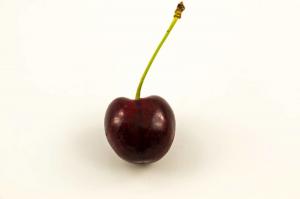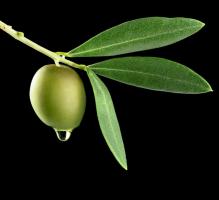Will Perennials Grow Back if Planted in a Pot?
Perennials are a fantastic addition to any garden. They bloom year after year, and they require minimal maintenance. However, not everyone has the space for an outdoor garden. Many people turn to indoor gardening as a way to enjoy plants and flowers, but can perennials grow back if planted in a pot? The answer is yes, with a few considerations.
Choosing the Right Perennials
When selecting perennials for indoor planting, it's important to choose varieties that are suitable for container growing. Smaller perennials like sedum, hosta, and viola work well in containers. Larger perennials like peonies and coneflowers may not be suitable for indoor planting due to their size and growth requirements.
Potting and Soil
The potting process for perennials in containers is similar to outdoor planting. It's important to choose a pot that is the appropriate size for the plant. The pot should have drainage holes to prevent overwatering. Soil quality is also important. Poorly drained soil can lead to root rot, while soil that's too dry can lead to stunted growth.
Light and Water Requirements
Most perennials require full sun or partial shade for optimal growth. It's important to place the container in a location that receives adequate sunlight throughout the day. Additionally, indoor plants may require supplemental lighting during the winter months. Watering is also critical for indoor perennials. Plants should be watered when the soil is dry to the touch. Overwatering can lead to root rot, while not enough water can lead to plant stress.
Winterizing Perennials
Perennials in containers may require winterizing to ensure proper growth in the spring. Most perennials require a period of dormancy during the winter months. This can be difficult to achieve in indoor settings. However, it's possible to simulate dormancy by reducing water and keeping the plant in a cool location. Some perennials may also require a period of stratification, or exposure to cold temperatures, to encourage spring growth.
Conclusion
Perennials can be a wonderful addition to an indoor garden. With the right variety selection and proper care, perennials can grow and thrive in containers. It's important to choose a pot that is the appropriate size, use well-draining soil, and provide adequate lighting and watering. Additionally, perennials may require winterizing to ensure proper growth in the spring. With these considerations in mind, indoor gardening with perennials can be a rewarding and enjoyable experience.

 how many times do yo...
how many times do yo... how many planted tre...
how many planted tre... how many pine trees ...
how many pine trees ... how many pecan trees...
how many pecan trees... how many plants comp...
how many plants comp... how many plants can ...
how many plants can ... how many plants and ...
how many plants and ... how many pepper plan...
how many pepper plan...






























